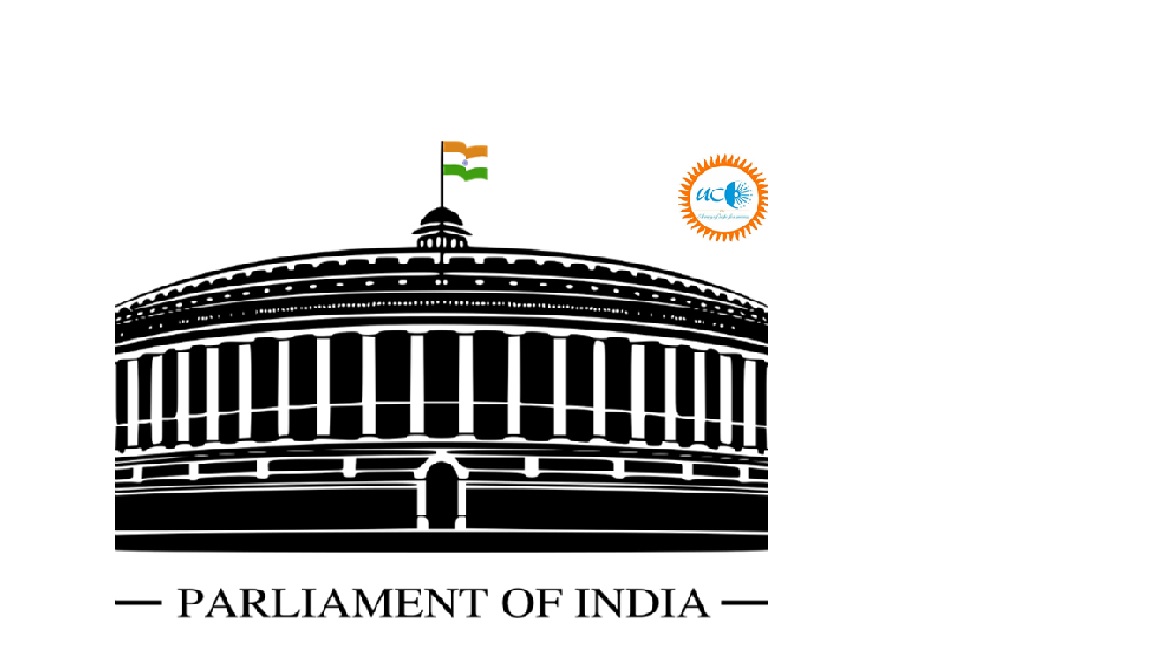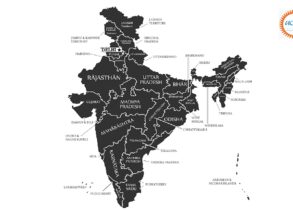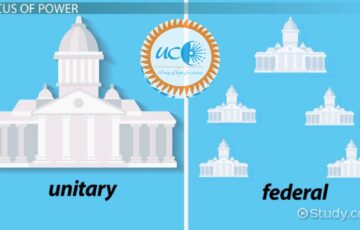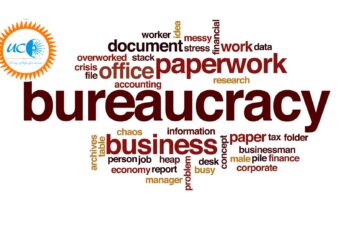Does the President of India have a purely ceremonial role?
The President of India is the head of state of India and the Supreme Commander of the Indian Armed Forces. The President is indirectly elected by an electoral college made up of the Indian Parliament (both houses) and the legislative assemblies of all the states and territories of India, all of which are directly elected.
Does the President of India have a purely ceremonial role?
- The President does not exercise executive The presidentis the head of state and is constitutionally obligated to act on the advice of his ministers.
- Hence hisrole is similar to that of a British monarch, or a monarchy in a country like the Netherlands or Countries such as Germany and Israel have presidential offices similar to India.
Indian President’s Discretionary Powers:
- Indian President’s Discretionary Powersare not specifically rather explicitly mentioned in the Indian
- Executive Power: Executive power in the Union of India is vested inthe President under Article 53 of the The President has the right to be informed in all matters of the State and has the power to appoint and dismiss constitutional officials, including the Prime Minister and the Council of Ministers.
- Legislative Power:The budget session of the Indian Parliament always begins with an address by the President, and when the legislative process between the two Houses hits a dead end, the President convenes a joint session to break the deadlock. According to the Indian Constitution, the government requires the prior approval of the President before introducing laws such as creating new states, changing borders or renaming existing states.
- Military Power:The President is the Commander-in-Chief of the Indian Armed Forces and all officer appointments, including those of the Chief, are made by him or The nation declares war on behalf of the president and make peace. This is all thanks to the control and authority over Parliament that the President enjoys.
● Diplomatic Role: The President of India has a wide range of roles regarding diplomacy in maintaining relations with other countries. A country’s ambassadors and high commissioners are his or her representatives abroad. The credentials of diplomatic representatives of foreign countries are also received by the President. The President also negotiates treaties and agreements with other countries before ratification by Parliament. - Judicial Powers: The president has jurisdiction primarily to correct judicial wrongs, grant amnesty, and revoke sentences. The president can also seek the opinion of the Supreme Court on legal, constitutional, national, and economic matters.
- Finance Tasks: The President ensures the submission of audit reports to Parliament, receives the reports of the Finance Committee, and implements its recommendations. The Contingency Fund of India is also at the President’s disposal.
Conclusion:
- The President of India is a position that is seen as merely a stamp in the political fabric of India. However there are many examples of presidents becoming very important figures in the governance of the country.








